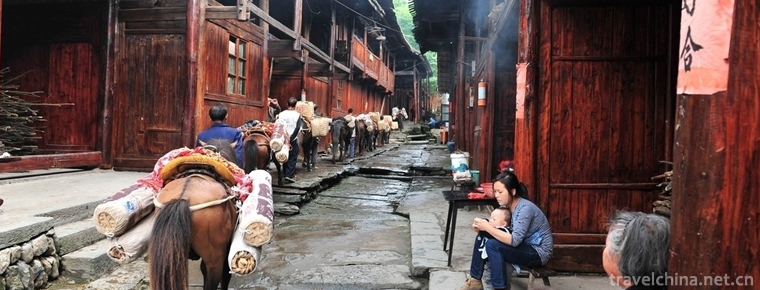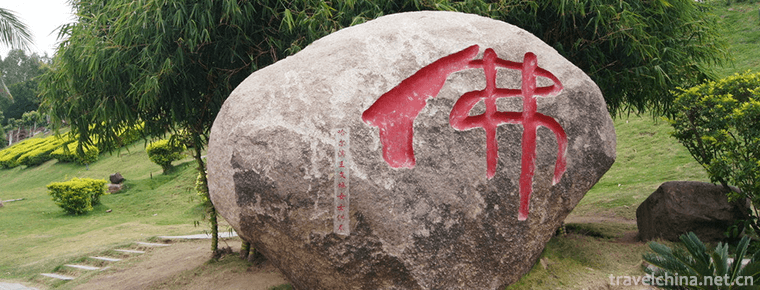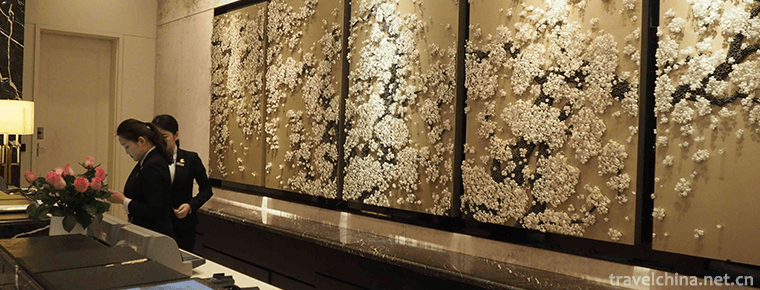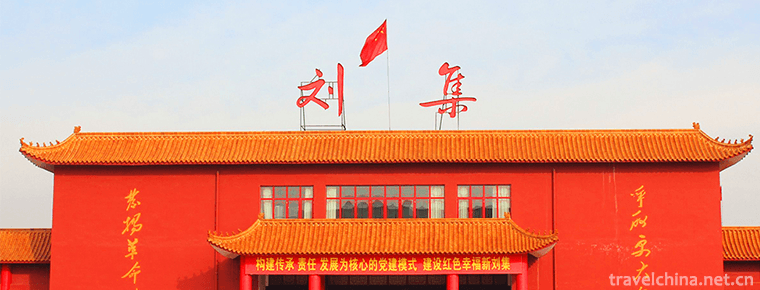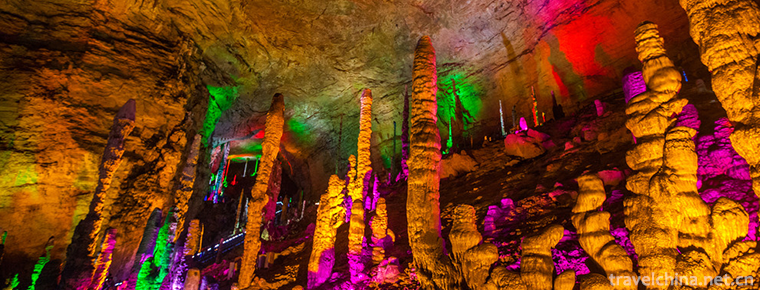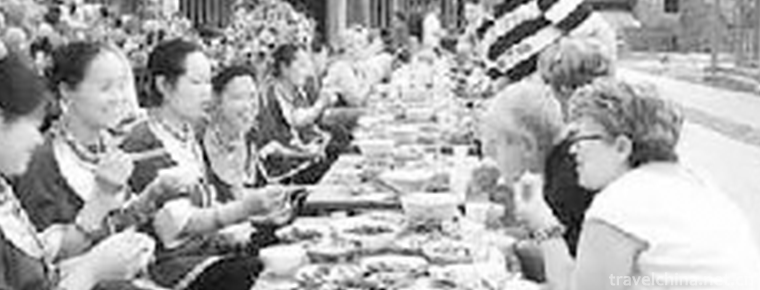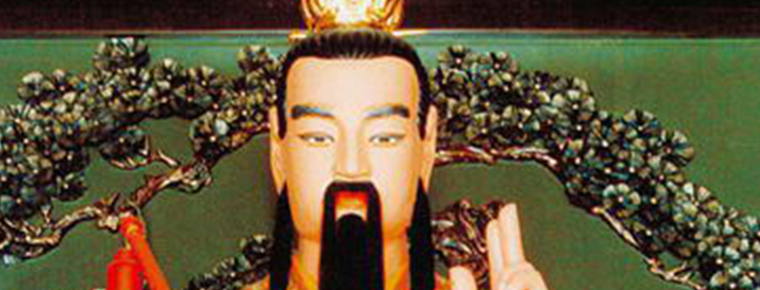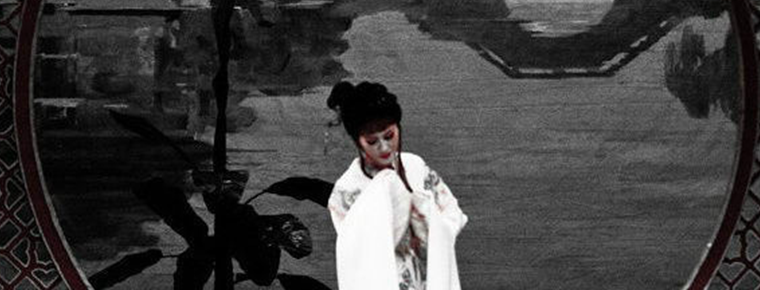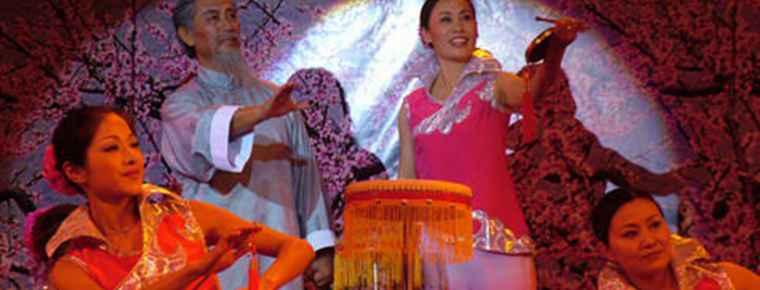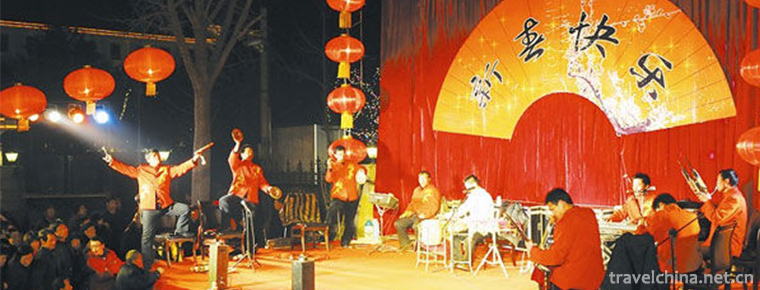Xilu Bangkok
Xilu Bangkok
Xilu Bangzi a Xilu Bangzi is an ancient traditional opera. Now the embryonic form of Hebei Bangzi was formed in Qingdaoguang period. Its predecessor is Shanshan-Shaanxi Bangzi, which was introduced into Haixing area of Hebei Province by businessmen. The local people combined the local Haha, Luoluo, Liuzi, Yugu opera, Yangko opera, local folk songs, drum lyrics and other traditional folk arts, such as Wushu, acrobatics, dance, to form Xilu Bangzi and spread quickly. The singing voice is high, exciting and melodious, especially good at expressing sad tunes, which obviously has the characteristics of the transition from Shan-Shan Bangzi to Zhili Bangzi. In the later period of Qingdaoguang, it was named "Bangzi on the West Road", which is also called "Bangzi on the East Road", which evolved from Bangzi on the Shandong and Shaanxi provinces.
On May 23, 2011, the Xilu Bangzi declared by Haixing County, Hebei Province, was listed in the third batch of national intangible cultural heritage list with the approval of the State Council.
historical origin
The traditional plays of Xilu Bangzi mostly show local folkways and customs, and mostly come from local legends and stories.
artistic characteristics
Performing Form
The performances teach people to respect the old and love the young in a lively way, to accumulate virtue and do good deeds, to work hard and to be enterprising. Xilu Bangzi's performance forms, such as singing, reading, doing and fighting, are rich in content, and the roles of students, dan, Jing and ugly acts are all available, especially Wusheng, Wu ugly and knife-and-circus-dan operas.
Opera Aria
The main chord accompaniment is obviously different from that of Hebei Bangzi accompaniment nowadays. The linguistic structure of the lyrics is flexible, the sentence pattern is not rigid, and the oral component is heavy.
Representational repertoire
Wushu opera requires the performers to have high martial arts skills. For example, the traditional dramas "Zhang San Daquan" and "Zhang San Running Horse" created by Zhang San, a famous martial arts student, are widely spread in Hebei, Beijing and Tianjin. "Walking Dwarf", "Playing Axle Rod", "Hanging Pigtail", "Shaking Hat Wings", "Fairy Stripper" and other difficult movements were originated in the West Road Bangzi, and are still popular in major operas. Danjiao's performances of Qingyi, Huadan and other actors also have their own characteristics. Later, the performances of Beijing Opera also had a great impact.
Inheritance value
Bangzi on the west road is deeply loved by the people in the border area of Hebei and Shandong. It was widely spread and prevailed in Beijing, Tianjin, Shanghai, Shandong and Hebei. At the end of the Qing Dynasty, he entered the court and was highly respected by emperors and important officials. It is the embryonic form of Bangzi in Hebei Province, and it also provides rich nutrition for Beijing Opera and other opera arts. Digging, sorting out, researching and inheriting the Bangzi of Xilu is of great value to the study of the history of folk opera and music in Haixing and Jilu Border Region, especially to the study of the origin of Hebei Bangzi, an important opera in China.
Current situation of inheritance
Xilu Bangzi, a traditional folk drama form, has been endangered since the 1980s with the constant death of some old artists. At present, only a few folk artists can sing and accompany. And only a few inheritors are old enough to succeed. Rare scripts urgently need to be excavated, sorted out and rescued. The team of Xilu Bangzi Performing Group urgently needs to be formed in parallel. In recent years, through investigation and textual research, the Haixing County Drama History Research Group has mastered a lot of literature, history and word-of-mouth information, and collected a large number of related objects, including more than 40 manuscripts from the late Qing Dynasty to the Republic of China. It is a very arduous task to further excavate, sort out and protect the Bangkok of the West Road.
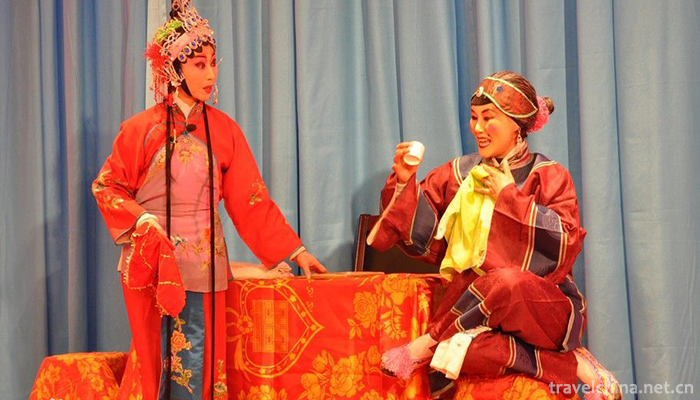
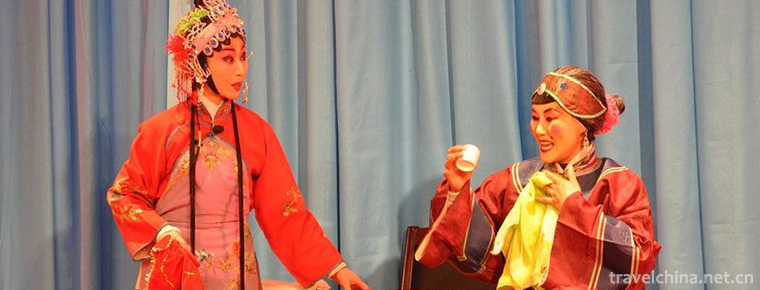
Xilu Bangkok
-
Tea horse ancient road
Tea-horse ancient road refers to the folk international trade
Views: 232 Time 2018-10-17 -
Nanshan Cultural Tourism Zone
Nanshan Cultural Tourist Area is located 40 kilometers southwest of Sanya City, Hainan Province. It is the southernmost mountain in China. It belongs to tropical marine monsoon climate.
Views: 217 Time 2018-12-12 -
Longting Hotel East China Sea Shenzhen
Langting's history can be traced back to 1865. The grand opening of Langting Hotel in central London, England, has become the first truly "luxury hotel" in European history, creating a brill
Views: 596 Time 2018-12-16 -
Bassoon ba song cuo
Basongtao, also known as Caogao Lake, means "green water" in Tibetan. It is about 18 kilometers long. Its surface area is about 27 square kilometers.
Views: 275 Time 2019-01-02 -
Red Liuji Scenic Area
The Red Liuji Scenic Area is located in Liuji Village, Dawang Town. In 1976, the old site of Liuji Branch of the Communist Party of China was declared as a key cultural relic protection unit at the co
Views: 172 Time 2019-01-16 -
The Yellow Dragon Cave huanglong Cave
Located in Wulingyuan Scenic Area, the core scenic spot of Zhangjiajie City, Hunan Province, Huanglong Cave is an integral part of the World Natural Heritage Site and Zhangjiajie World Geopark
Views: 264 Time 2019-01-18 -
Dong medicine
Dong medicine is a bright pearl in the treasure house of Chinese medicine. The Dong people living in mountainous areas for generations have accumulated experience in treating various diseases and form
Views: 111 Time 2019-04-27 -
The legend of Huang Daxian in Huangchuping
Huang Chuping's legend is one of the local folklores in Jinhua, Zhejiang Province. It originated in the Eastern Jin Dynasty. The earliest written record was in The Biography
Views: 87 Time 2019-05-04 -
Jiangnan Shaoxing opera
Yueju Opera, the second largest opera in China, is also known as "the most widely circulated local opera" . Some people think that it is "the largest local opera",
Views: 162 Time 2019-05-05 -
Gongs and drums
The Gong and drum books used to be called "Taibaoshu", "Taibao" is derived from the activities of "Taibu" in the countryside of Shanghai suburbs and counties, which seeks
Views: 144 Time 2019-05-15 -
Shangdang Bayin Club
Shangdang Bayin Club is a kind of traditional folk wind and percussion music, which is widely spread in Changzhi and Jincheng in southeastern Shanxi Province.
Views: 102 Time 2019-06-13 -
Bozhou University
Bozhou College (Bozhou University), for short, is located in Bo Yuan. Anhui Province Bozhou City By the state Ministry of Education Approved full-time full-time undergraduate institutions.
Views: 175 Time 2019-11-08
